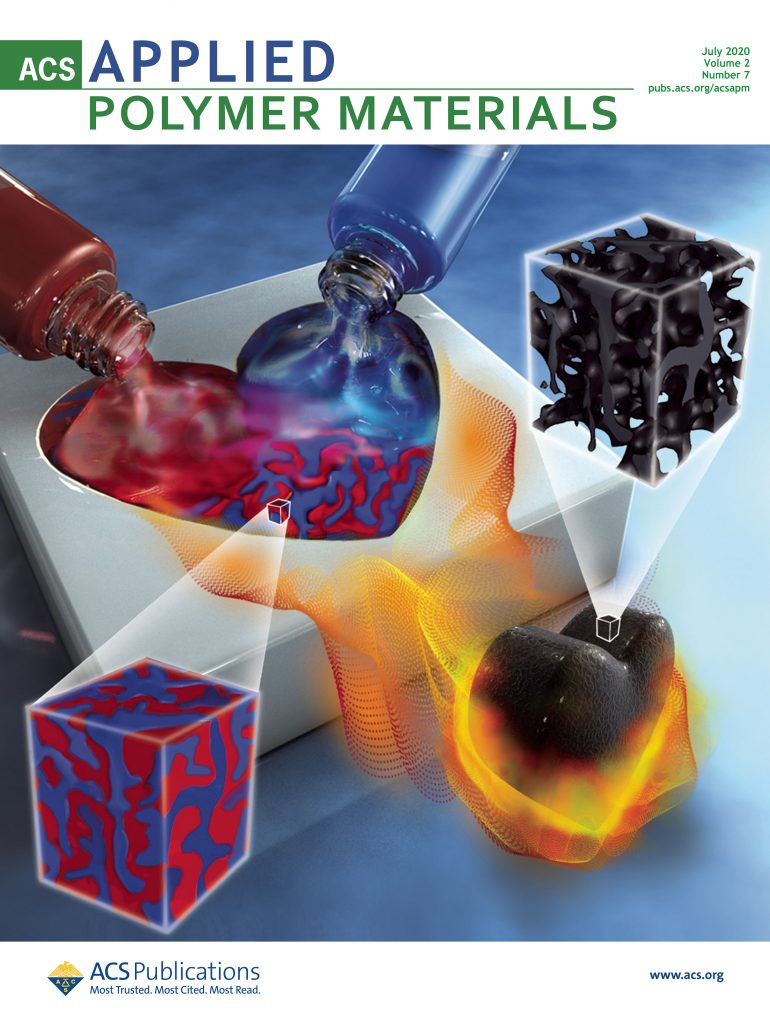E-Commerce Fraud Detection Based on Machine Learning Techniques: Systematic Literature Review
IF 4.4
2区 化学
Q2 MATERIALS SCIENCE, MULTIDISCIPLINARY
引用次数: 0
Abstract
: The e-commerce industry’s rapid growth, accelerated by the COVID-19 pandemic, has led to an alarming increase in digital fraud and associated losses. To establish a healthy e-commerce ecosystem, robust cyber security and anti-fraud measures are crucial. However, research on fraud detection systems has struggled to keep pace due to limited real-world datasets. Advances in artificial intelligence, Machine Learning (ML), and cloud computing have revitalized research and applications in this domain. While ML and data mining techniques are popular in fraud detection, specific reviews focusing on their application in e-commerce platforms like eBay and Facebook are lacking depth. Existing reviews provide broad overviews but fail to grasp the intricacies of ML algorithms in the e-commerce context. To bridge this gap, our study conducts a systematic literature review using the Preferred Reporting Items for Systematic reviews and Meta-Analysis (PRISMA) methodology. We aim to explore the effectiveness of these techniques in fraud detection within digital marketplaces and the broader e-commerce landscape. Understanding the current state of the literature and emerging trends is crucial given the rising fraud incidents and associated costs. Through our investigation, we identify research opportunities and provide insights to industry stakeholders on key ML and data mining techniques for combating e-commerce fraud. Our paper examines the research on these techniques as published in the past decade. Employing the PRISMA approach, we conducted a content analysis of 101 publications, identifying research gaps, recent techniques, and highlighting the increasing utilization of artificial neural networks in fraud detection within the industry.基于机器学习技术的电子商务欺诈检测:系统性文献综述
:随着 COVID-19 的流行,电子商务行业迅速发展,导致数字欺诈和相关损失惊人增加。要建立一个健康的电子商务生态系统,强有力的网络安全和反欺诈措施至关重要。然而,由于现实世界的数据集有限,有关欺诈检测系统的研究一直难以跟上步伐。人工智能、机器学习(ML)和云计算的进步振兴了这一领域的研究和应用。虽然 ML 和数据挖掘技术在欺诈检测中很受欢迎,但针对其在 eBay 和 Facebook 等电子商务平台中应用的具体评论却缺乏深度。现有的评论提供了广泛的概述,但未能把握电子商务背景下 ML 算法的复杂性。为了弥补这一不足,我们的研究采用系统性综述和元分析首选报告项目(PRISMA)方法进行了系统性文献综述。我们的目标是探索这些技术在数字市场和更广泛的电子商务领域中欺诈检测的有效性。鉴于欺诈事件和相关成本不断上升,了解文献现状和新兴趋势至关重要。通过调查,我们发现了研究机会,并就打击电子商务欺诈的关键 ML 和数据挖掘技术为行业利益相关者提供了见解。我们的论文研究了过去十年间发表的有关这些技术的研究成果。采用 PRISMA 方法,我们对 101 篇出版物进行了内容分析,找出了研究空白和最新技术,并强调了人工神经网络在行业内欺诈检测中的日益广泛应用。
本文章由计算机程序翻译,如有差异,请以英文原文为准。
求助全文
约1分钟内获得全文
求助全文
来源期刊

ACS Applied Polymer Materials
Multiple-
CiteScore
7.20
自引率
6.00%
发文量
810
期刊介绍:
ACS Applied Polymer Materials is an interdisciplinary journal publishing original research covering all aspects of engineering, chemistry, physics, and biology relevant to applications of polymers.
The journal is devoted to reports of new and original experimental and theoretical research of an applied nature that integrates fundamental knowledge in the areas of materials, engineering, physics, bioscience, polymer science and chemistry into important polymer applications. The journal is specifically interested in work that addresses relationships among structure, processing, morphology, chemistry, properties, and function as well as work that provide insights into mechanisms critical to the performance of the polymer for applications.
 求助内容:
求助内容: 应助结果提醒方式:
应助结果提醒方式:


